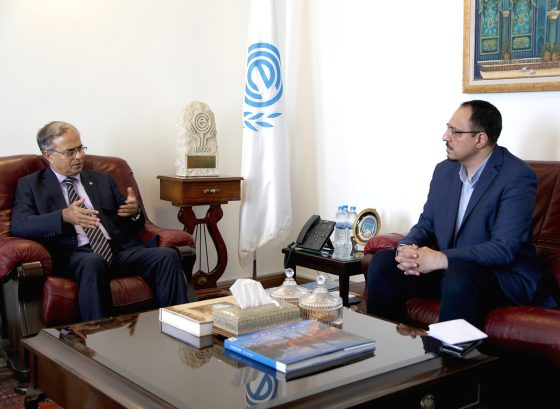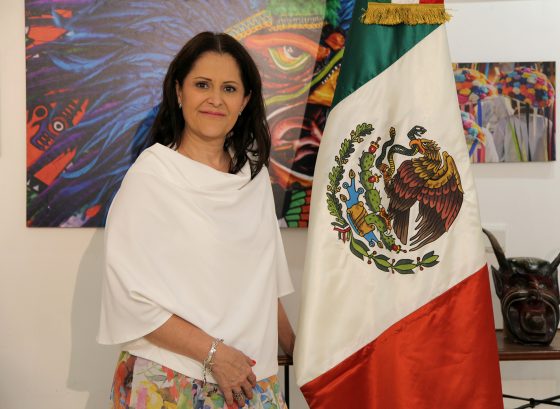“Slovakia Helps Afghan Refugees in Iran.” Says Slovak Ambassador to Iran
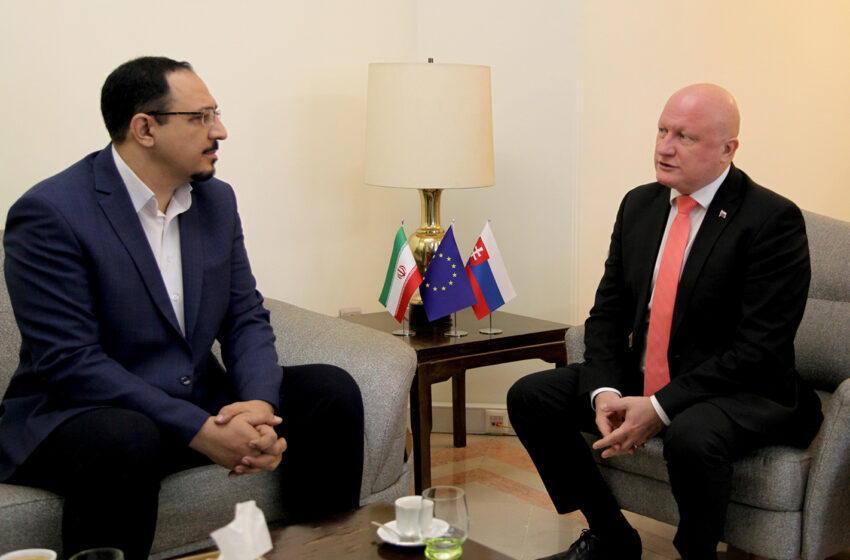
Relations between Slovakia and Iran have demonstrated remarkable resilience despite the various challenges that have arisen over recent years, especially due to the sanctions against Iran and its widespread effects on diplomatic interactions. Both countries have made concerted efforts to enhance dialogue and foster cooperation across multiple sectors. This includes cultural exchanges and collaborative initiatives aimed at promoting regional stability. In fact, Slovakia recognizes Iran’s strategic importance in the Middle East and actively seeks to build a constructive relationship that benefits both countries. Following the end of the mission of the Slovak Ambassador to Iran, an opportunity arose to conduct an interview with Mr. Ladislav Ballek in order to review the bilateral relations between Tehran and Bratislava, which you can read below:
AVA Diplomatic’s Exclusive Interview with
H.E. Mr. Ladislav Ballek, Ambassador of the Slovak Republic to Iran
How do you evaluate the current status of political relations between Slovakia and Iran?
The political relations between Slovakia and Iran have demonstrated remarkable resilience, especially in the face of various challenges that have arisen over recent years. Both countries have made concerted efforts to enhance dialogue and foster cooperation across multiple sectors. This includes cultural exchanges and collaborative initiatives aimed at promoting regional stability. Slovakia recognizes Iran’s strategic importance in the region and actively seeks to build a constructive relationship that benefits both nations. The ongoing dialogue reflects a mutual commitment to finding common ground and addressing shared challenges.
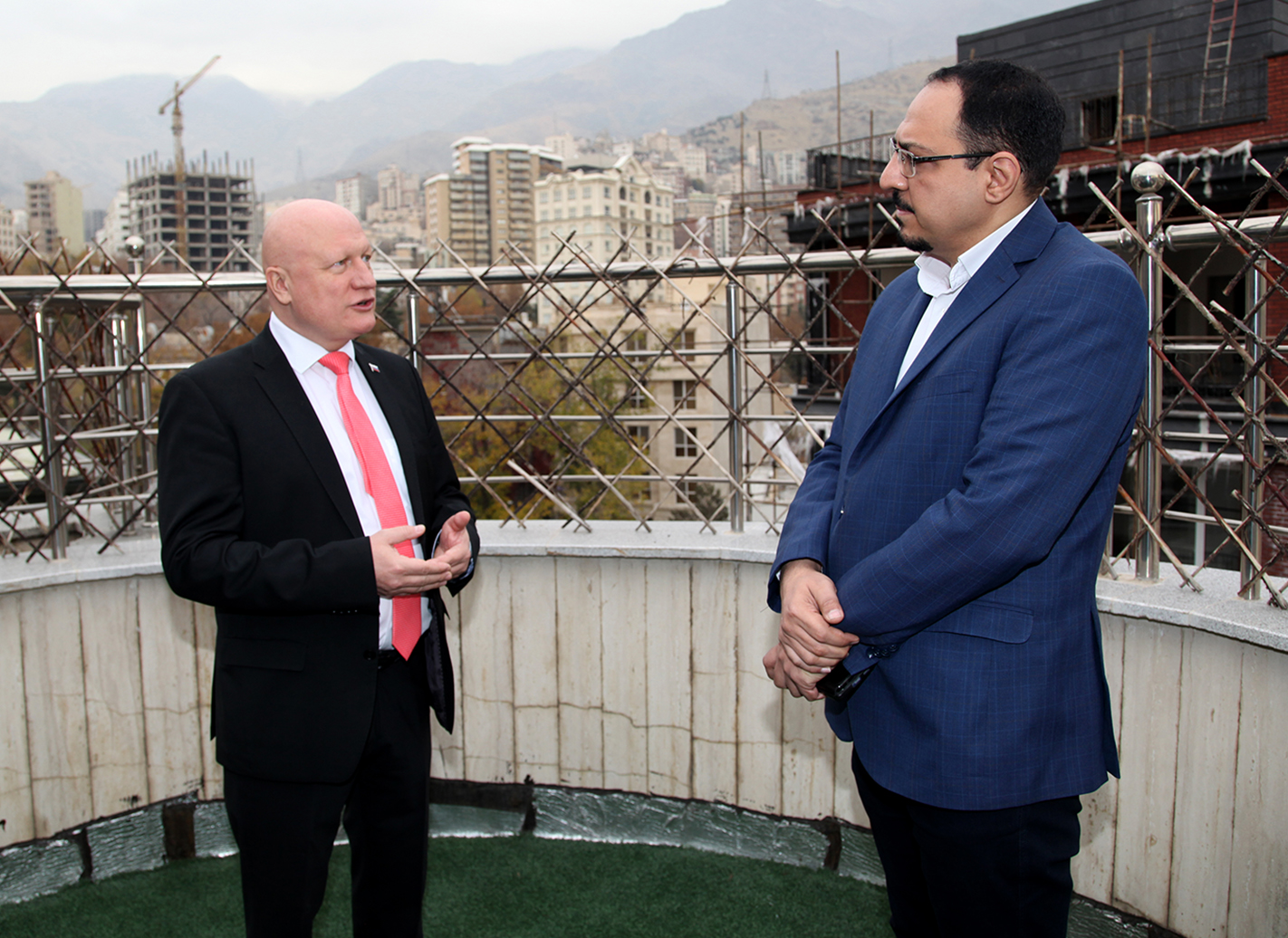 What were the biggest challenges you faced with regard to strengthening political ties during your mission?
What were the biggest challenges you faced with regard to strengthening political ties during your mission?
One of the most significant challenges encountered during my mission has been navigating the complexities surrounding sanctions and their far-reaching impact on diplomatic engagements. These sanctions often create barriers to trade and investment, which complicates efforts to strengthen ties. Additionally, aligning our mutual interests while addressing differing political perspectives requires a delicate and nuanced approach. It necessitates careful diplomacy to ensure that both sides feel heard and respected, facilitating a more productive dialogue that can lead to meaningful cooperation.
Can you point to notable agreements or initiatives achieved during your tenure?
Throughout my tenure, we successfully facilitated several key agreements that focused on enhancing economic cooperation and promoting cultural exchanges. A particularly notable achievement was the establishment of a framework for collaboration in vital sectors such as education, technology, and environmental sustainability. These initiatives are significant not just for their immediate benefits but also for laying the groundwork for long-term partnerships that can evolve over time, fostering deeper ties between our nations.
How has Slovakia supported diplomatic talks on regional issues related to Iran?
Slovakia has actively participated as the member of the EU in regional dialogues, positioning itself as a facilitator for discussions focused on security and stability. Our involvement has included advocating for peaceful resolutions to conflicts and supporting initiatives aimed at fostering understanding among regional players. By providing a platform for dialogue, Slovakia aims to promote a collaborative environment where all parties can engage constructively, addressing pressing issues such as security, trade, and cultural exchange.
From your viewpoints, what potentials are there for further cooperation between Slovakia and Iran in the field of politics?
There exists significant potential for further cooperation between Slovakia and Iran in various fields, particularly in renewable energy, technology transfer, and cultural exchange. These areas not only hold promise for economic growth but also for enhancing political understanding and trust between our nations. By identifying and leveraging these opportunities, we can create a framework for mutually beneficial partnerships that contribute to regional development and stability.
What are the latest statistics regarding trade exchanges between Iran and Slovakia in terms of volume and dollar value?
The latest trade statistics indicate that exchanges between Iran and Slovakia have experienced fluctuations, with annual values typically ranging in the millions of dollars. Continuous efforts are underway to improve these figures, focusing on identifying sectors with untapped potential for trade. By fostering discussions and exploring new avenues for cooperation, we hope to see a steady increase in trade volume that reflects the growing relationship between our countries.
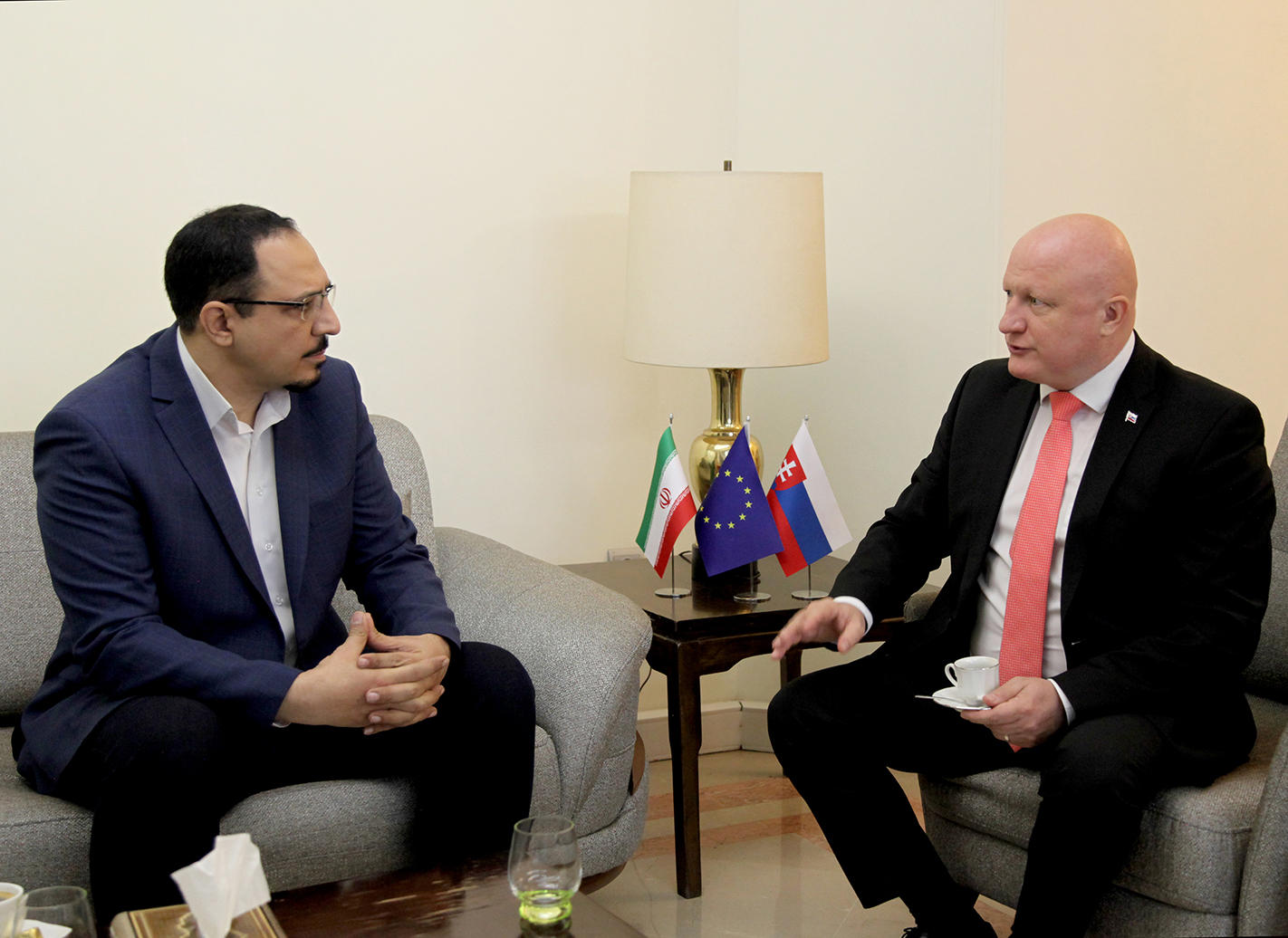 When was the last Joint Economic Cooperation Commission meeting held between the two countries, and how do you assess its role in the development of bilateral relations?
When was the last Joint Economic Cooperation Commission meeting held between the two countries, and how do you assess its role in the development of bilateral relations?
The most recent Joint Economic Cooperation Commission meeting took place in June 2022 in Tehran and it played a crucial role in advancing bilateral relations. This platform provided both sides with an opportunity to discuss economic opportunities, share insights, and address any barriers to trade that may exist. Such meetings are essential for maintaining an open line of communication and ensuring that both countries are aligned in their goals for economic cooperation. Nowadays we are preparing another meeting of this kind which should take place in Slovakia next year.
How has the Slovak Republic encouraged trade and investment with Iran despite international sanctions?
The Slovak Republic has taken proactive measures to encourage trade and investment, even amid the challenges posed by international sanctions. This has involved fostering direct dialogue with Iranian counterparts to identify viable sectors for collaboration. Furthermore, we have explored alternative trading mechanisms and sought creative solutions that allow for cooperation to continue, demonstrating our commitment to building a strong economic partnership despite external pressures.
How do you see the future of economic relations between the two countries?
I am optimistic about the future trajectory of economic relations between Slovakia and Iran. If both countries can continue to identify and leverage mutual interests, we can pave the way for significant growth in our economic partnership. Fostering partnerships in emerging sectors, such as green technology and digital innovation, will be the key to this growth, as we look to adapt to the changing global economic landscape.
What important cultural exchange programs or events did you support during your mission?
During my mission, I actively supported a variety of cultural exchange programs that included art exhibitions in ECO Cultural Institute. These initiatives not only showcased Slovak culture in Iran but also provided a platform for Iranian culture to be presented in Slovakia. Such exchanges have proven to be invaluable in fostering mutual appreciation and understanding between our peoples, enriching both cultures through shared experiences.
How has the embassy helped to promote Slovak culture in Iran?
The embassy has played a crucial role in promoting Slovak culture in Iran through a series of organized cultural events. These have included film screenings, art exhibitions, and culinary showcases that highlight the richness of Slovak heritage. By engaging the local community and providing opportunities for cultural dialogue, these initiatives have fostered a greater appreciation of Slovakia’s cultural contributions and have helped to build lasting connections between our nations.
Can you share examples of joint collaborations between Iranian and Slovak artists and cultural institutions?
Notable examples of joint collaborations include various art projects between Slovak and Iranian artists, which have enriched both cultures and provided platforms for creative exchange. These partnerships have allowed artists from both countries to share their perspectives, learn from one another, and develop works that reflect a fusion of their cultural backgrounds. Such collaborations not only enhance artistic expression but also strengthen the ties between cultural institutions in both nations.
How important is cultural diplomacy in creating mutual understanding between the two nations?
Cultural diplomacy plays a vital role in fostering mutual understanding between nations. It helps build bridges by highlighting shared values and promoting dialogue, which ultimately contributes to more robust political relations. By engaging in cultural exchanges and initiatives, we can create a foundation of trust and respect that transcends political differences, paving the way for more effective cooperation on a broader range of issues.
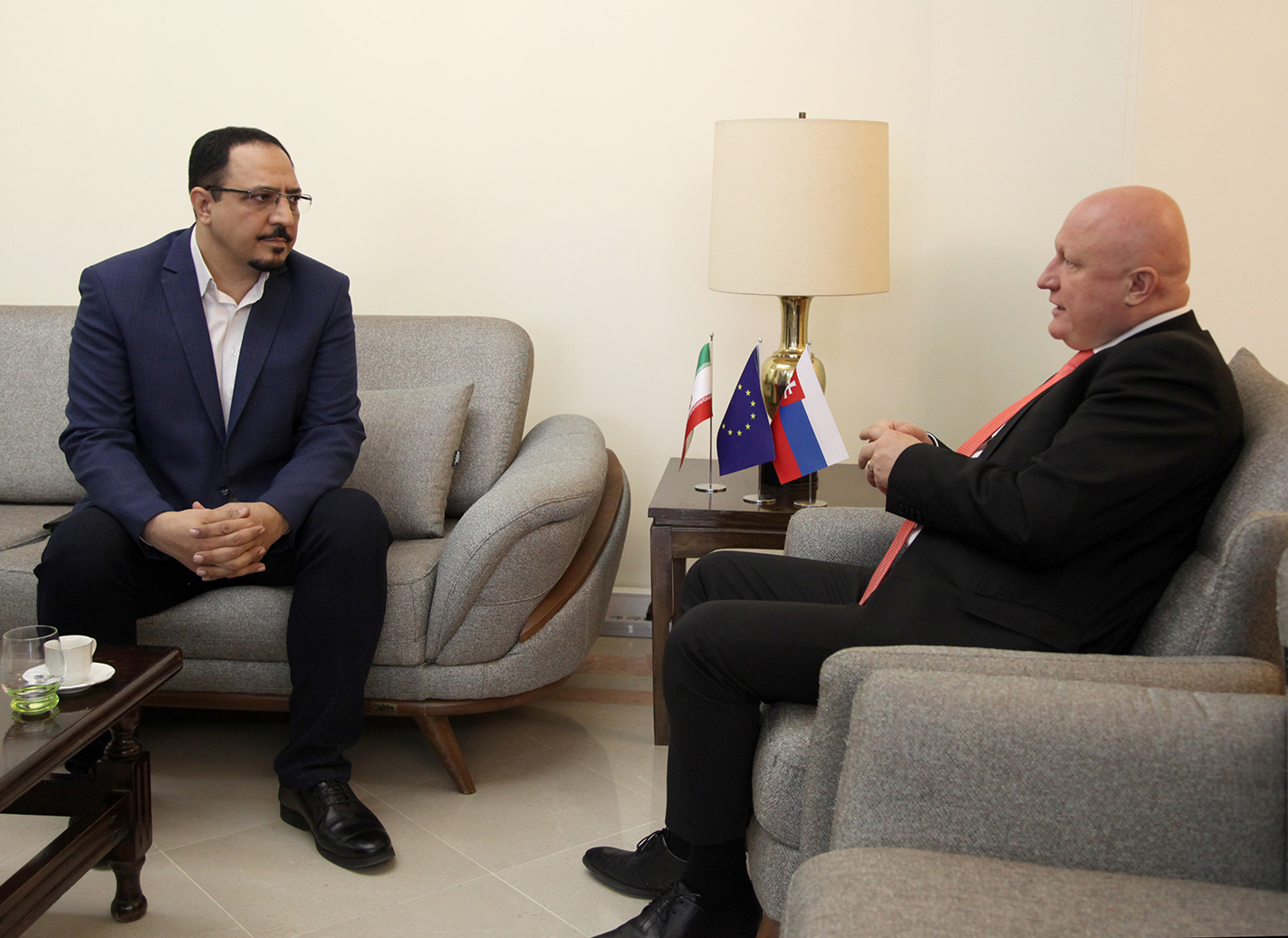 Which Iranian cultural or charitable institutes has the Slovak Embassy specifically supported?
Which Iranian cultural or charitable institutes has the Slovak Embassy specifically supported?
The Slovak Embassy has actively supported various cultural and charitable institutes in Iran, including ECO Cultural Institute. Our support has included facilitating joint events, providing resources for cultural programming, and promoting initiatives that align with our shared values. This engagement not only strengthens our cultural ties but also demonstrates our commitment to social responsibility and community development.
How has the embassy collaborated with local communities to promote charitable causes?
The embassy has engaged with local communities in Iran by supporting charitable initiatives and organizing fundraising events aimed at addressing social issues. By collaborating with NGOs and local organizations, we have been able to contribute positively to community development efforts and support causes that resonate with both Slovak and Iranian values. Most of our activities in this field were focused on Afghan refugees in Iran.
Slovakia helps Afghan refugees in Iran. Currently, there are over 5 million Afghan Refugees living in Iran, who have been forced to leave their homeland due to the insecurity and instability in their country, and especially to save their lives.
One of the organizations that considerably helps this vulnerable group is the Society for Recovery Support (SRS) NGO which focuses on assisting and integrating Afghan refugees into the society and providing better living conditions for the whole families. On behalf of the Slovak government, we have donated 20,000 euros to this organization, which is just a drop in the ocean, but it can change the lives of people in need.
Afghan refugees in Iran are also one of the most vulnerable groups. To this end, with the support of the Ministry of Foreign Affairs headed by H.E. Mr. Juraj Blanár, we decided to support the activities of Zanjireh Omid charity institute, which helps these children in its hospital. According to the CEO of this institute, with Slovakian humanitarian aid, they are able to help more children and even perform necessary surgeries to save the lives of Afghan refugee children.
To what extent Iran’s proximity to the European Union can provide the required ground for supporting charitable projects in the country?
Iran’s geographic proximity to the European Union presents unique opportunities for collaborative projects that can enhance community development and contribute to regional stability. This strategic position can serve as a foundation for supporting charitable initiatives that benefit both the Iranian populace and foster goodwill between Iran and Europe.
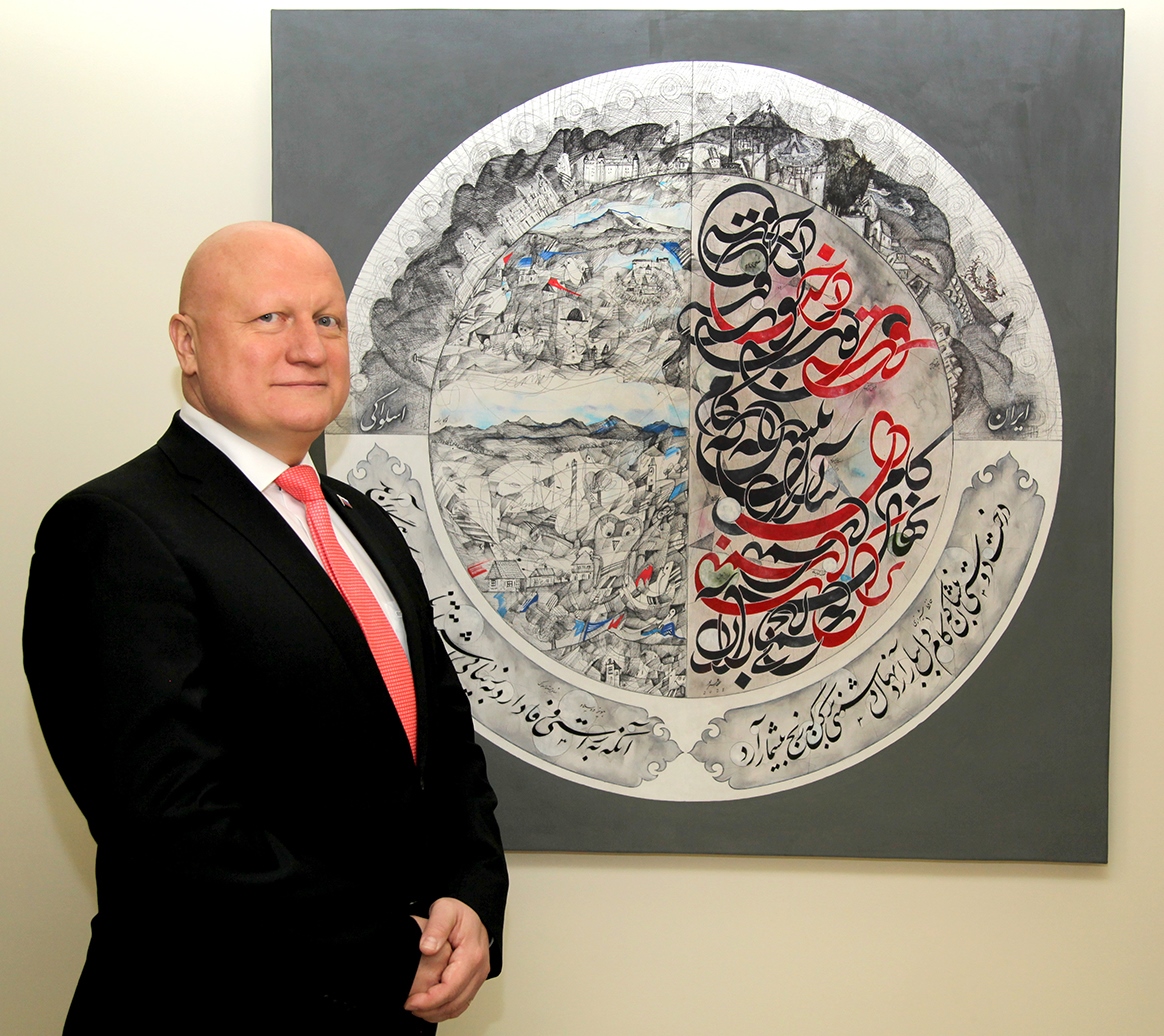 How can Slovakia act as a bridge between Iran and the European Union?
How can Slovakia act as a bridge between Iran and the European Union?
Slovakia as any EU country has the potential to facilitate dialogue and promoting mutual interests. We can encourage collaborative projects that align with European values and priorities, offering a platform for constructive engagement that benefits both regions. By leveraging our unique position, we can foster deeper connections and enhance cooperation on various fronts. This should be in any case done with the consent of all EU member states especially of those present in Tehran.
How do you assess the role of multilateral diplomacy in addressing global challenges related to Iran?
Multilateral diplomacy is essential in addressing global challenges related to Iran. By engaging in international forums and coalitions, we can promote dialogue and seek collective solutions to pressing issues. This approach allows us to work collaboratively with other nations, ensuring that our efforts are aligned and that we can effectively address common concerns.
What approach has Slovakia taken towards global crises like the Russia-Ukraine War and the Israel-Hamas War?
Slovakia has taken a balanced approach in addressing global crises, such as the Russia-Ukraine War and the Israel-Hamas conflict. We advocate for peaceful resolutions while supporting international efforts aimed at addressing humanitarian concerns. Our belief in the importance of dialogue and diplomacy underpins our approach, as we strive to contribute to stability and peace in the region.
What are your most important recommendations to the next ambassador of Slovakia to Iran for maintaining and expanding bilateral ties?
For the next ambassador of Slovakia to Iran, I recommend focusing on strengthening economic ties and cultural exchanges while actively participating in regional dialogues. Maintaining open lines of communication even by critical engagement with Iranian counterparts will be crucial for fostering mutual understanding and cooperation. By prioritizing these areas, the next ambassador can build on the progress made and further enhance the bilateral relationship between Slovakia and Iran.

